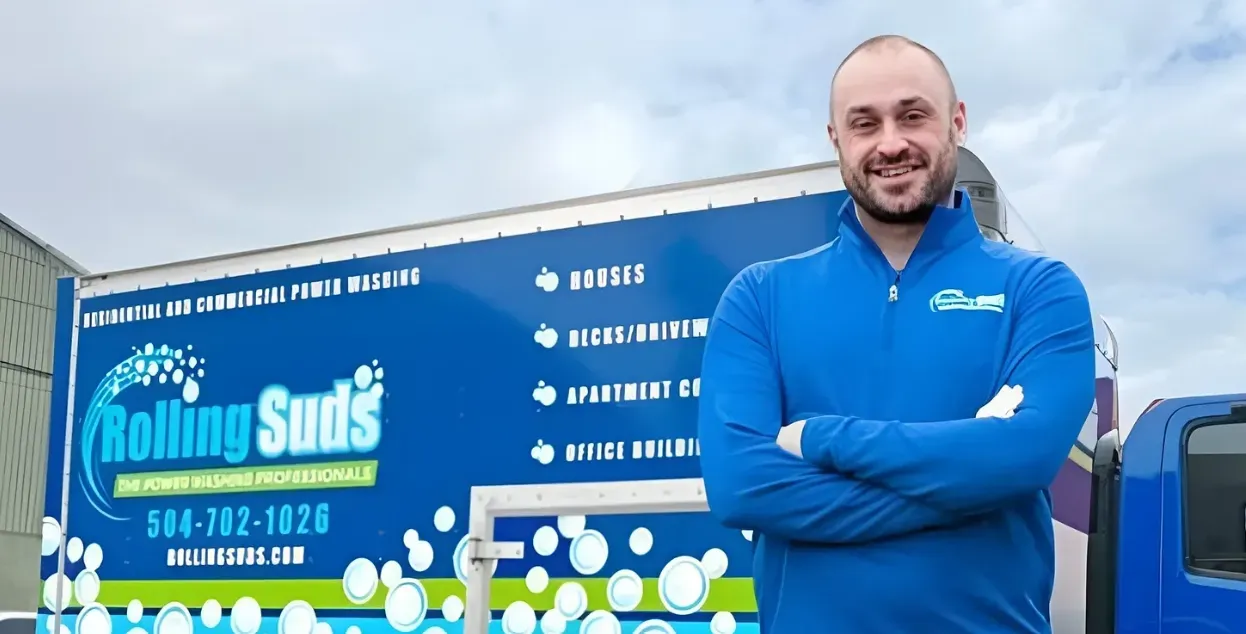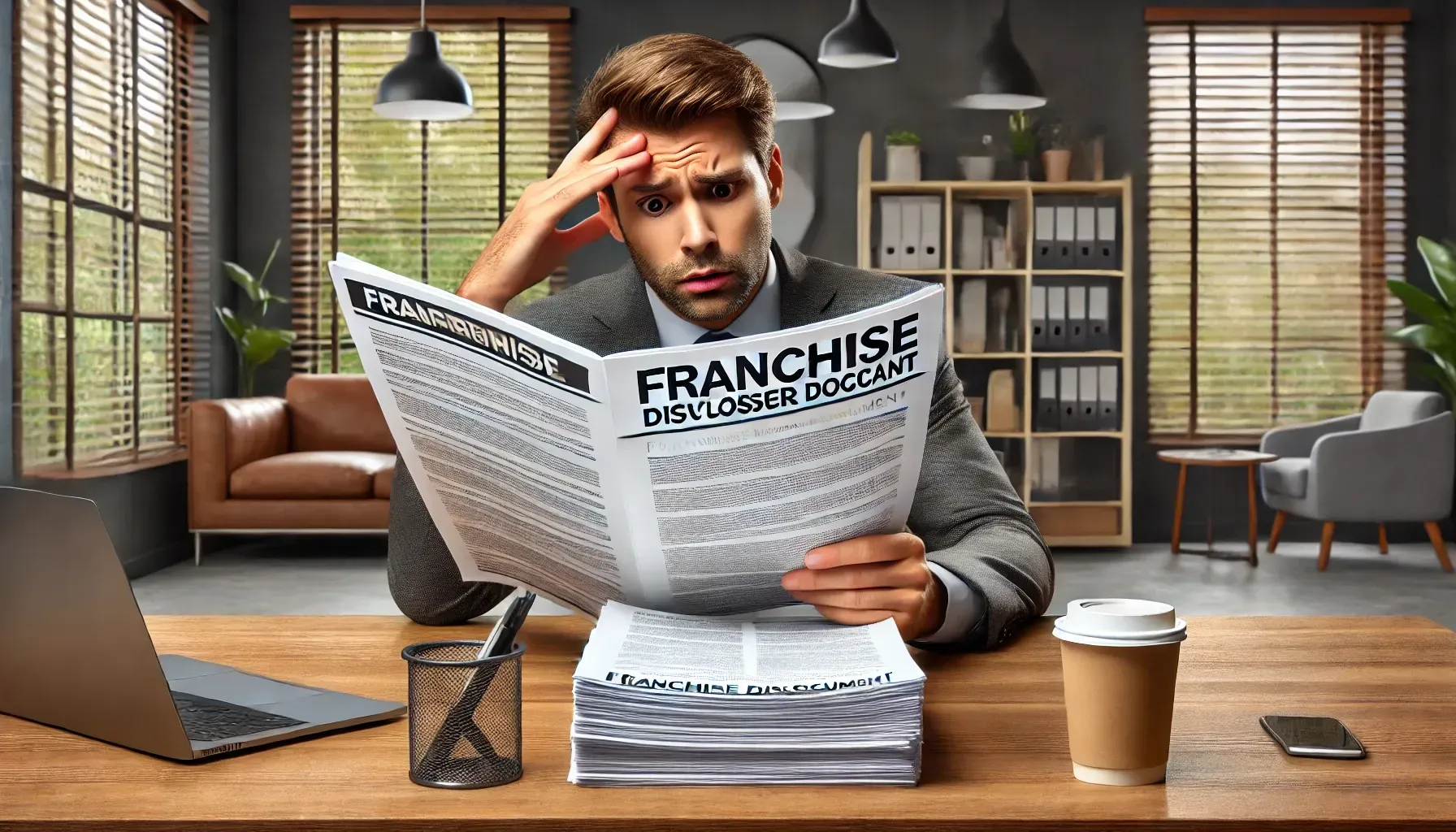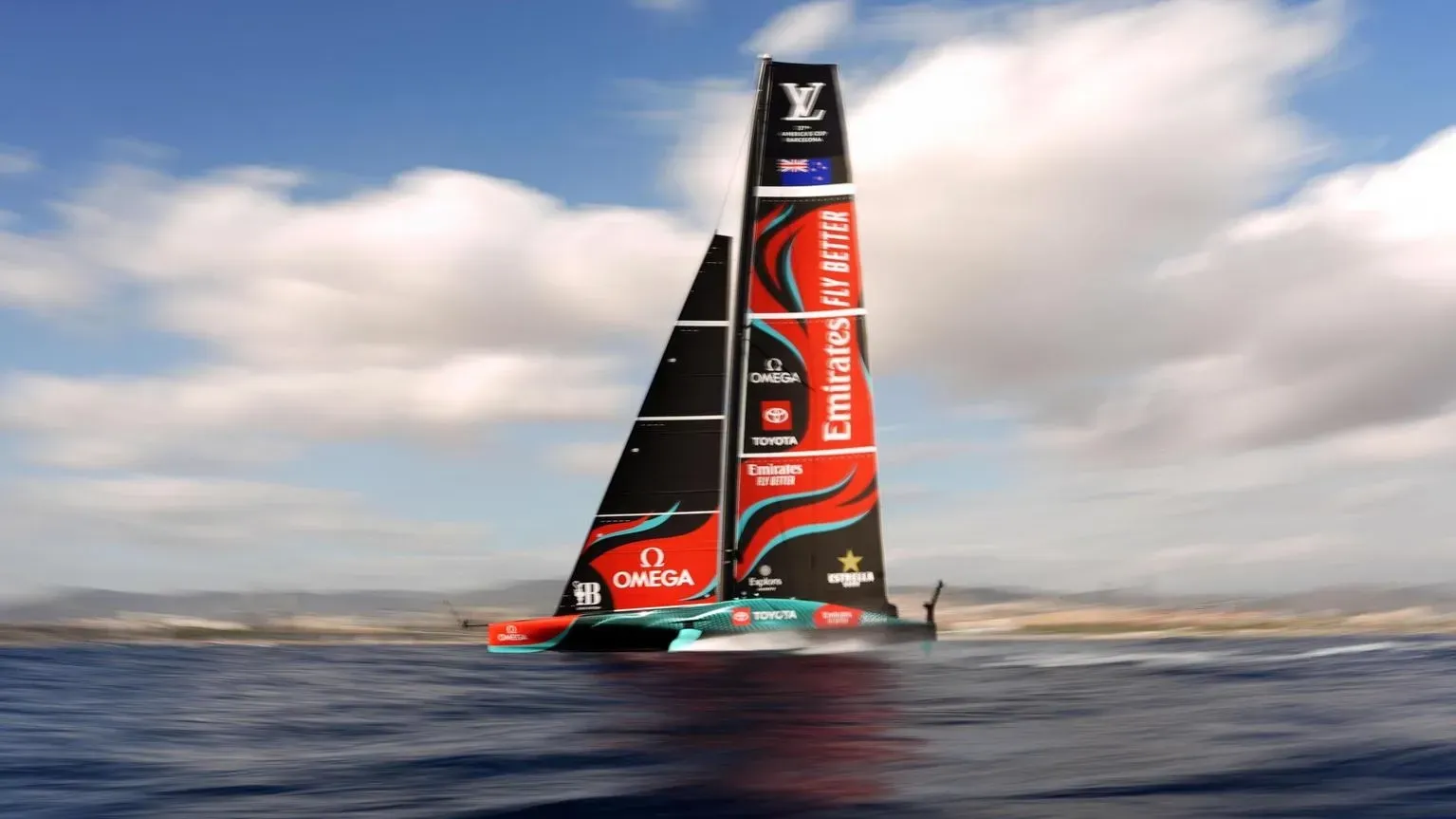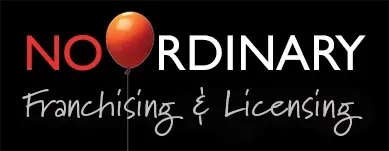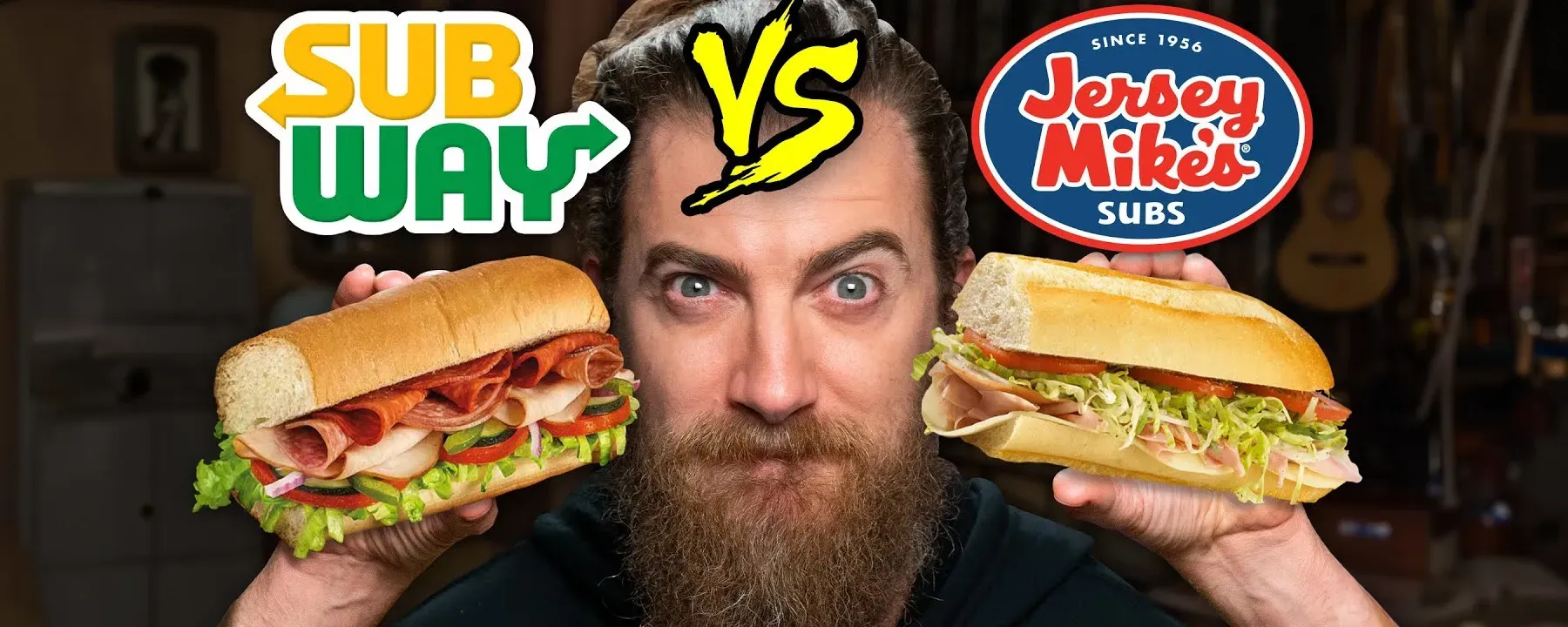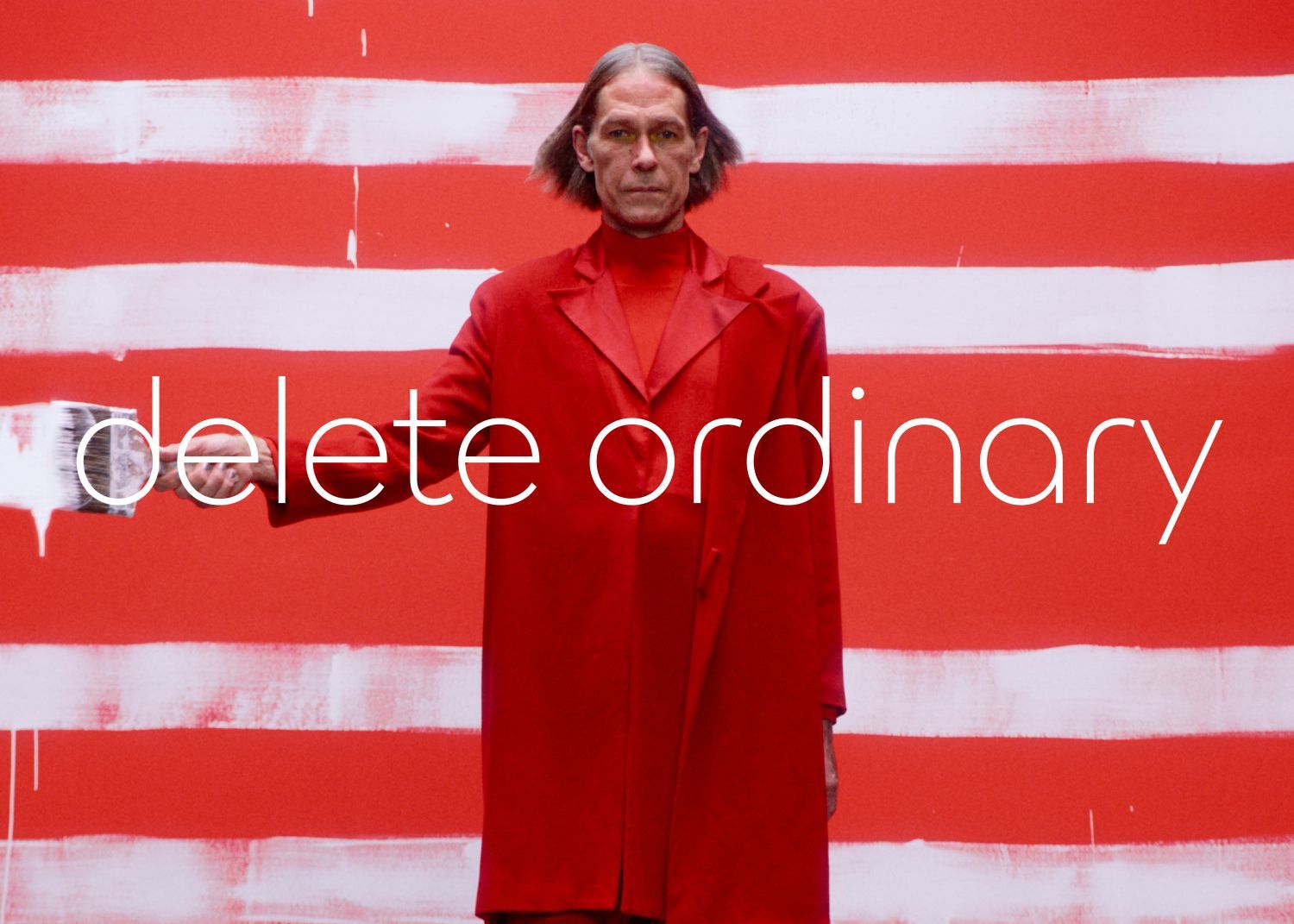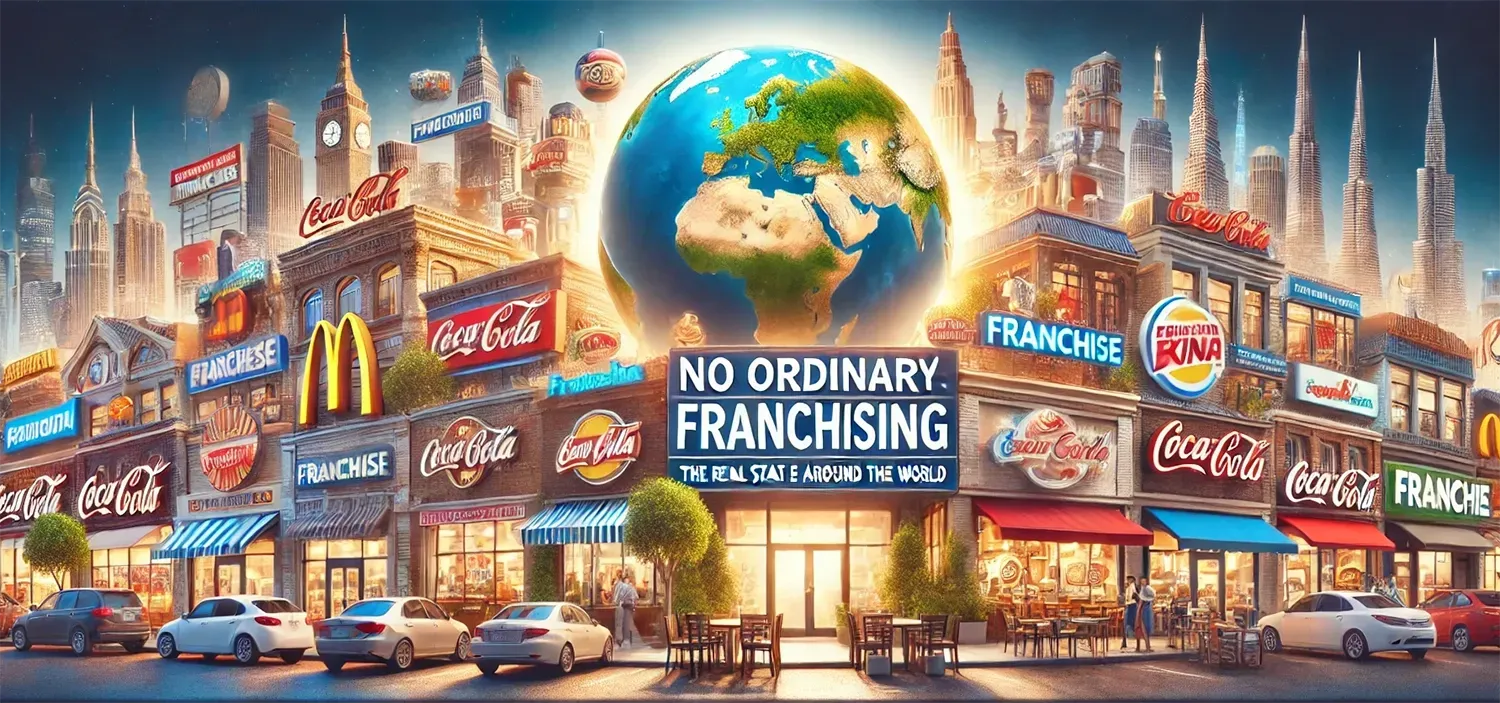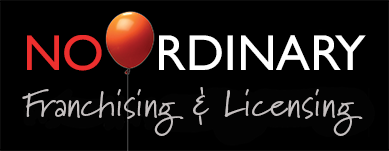Customer Experience is Everything: The Key to Business Success in Any Industry
In this article:
- Why Customer Experience matters more than ever
- How to improve Customer Experience: Proven strategies from industry leaders
- Why it’s not just about better technology
- Unique Business Models that redefine customer experience: How one franchise makes CX ‘the best damn part of your day’
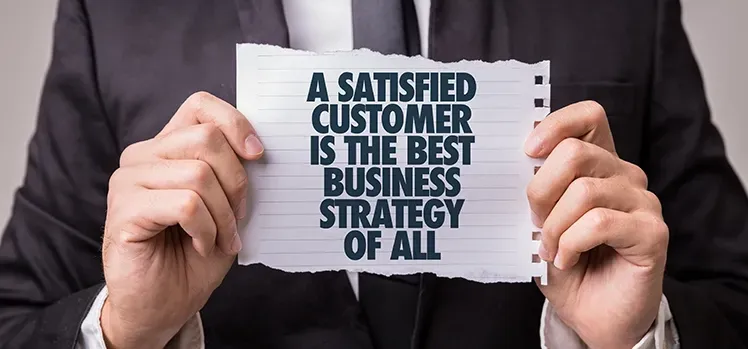
I was having a glass of wine with a friend, a former client of mine, when the subject of customer experience came up.
My friend owns the largest home-grown new home building brand in the country and he said unequivocally that the quality of the customer experience is the biggest battlefield in an industry with one of the longest sales processes of any industry.
“It can take as long as three years from the sales and marketing stage through to construction, completion and handover,” he explained. “And at the end, it’s the quality of the whole customer experience that matters most to our business.”
Why Customer Experience Matters More Than Ever
The power of customer experience lies in its ability to directly impact a business’s bottom line. According to a 2023 study by PwC, 73% of consumers say that a positive experience is one of the most important factors in their purchasing decisions. Meanwhile, businesses that lead in CX outperform competitors by 80% in revenue growth. Simply put, providing a memorable, frictionless experience can drive higher customer retention, brand loyalty and profitability.
Consumers and business buyers now have more choices than ever before, and they are not just looking for great products or services—they want personalised, seamless experiences. When companies fail to deliver, customers are quick to move on. On the other hand, businesses that exceed expectations can transform satisfied customers into loyal advocates.
How to Improve Customer Experience:
Proven Strategies from Industry Leaders
Here’s a step-by-step guide on how to improve customer experience and examples of businesses that have successfully implemented these strategies to gain a competitive edge:
1. Understand Your Customers Through Data
To deliver exceptional customer experiences, you need to understand your customers’ needs, preferences and pain points. This requires collecting and analysing data at every stage of the customer journey.
Case Study: Amazon’s Data-Driven Personalisation
Amazon is a prime example of using data to enhance CX. By leveraging algorithms and machine learning, Amazon tailors product recommendations for each user based on their browsing history, previous purchases, and even what similar customers have bought. This level of personalisation has significantly improved customer engagement and increased sales.
In fact, 35% of Amazon’s sales come from its recommendation engine.
How You Can Do It:
- Implement customer feedback systems (surveys, reviews) to collect data on customer preferences
- Use data analytics tools to track customer behavior and personalise interactions
- Consider investing in CRM (Customer Relationship Management) systems to keep track of customer touchpoints
2. Simplify and Streamline the Customer Journey
Customers value simplicity and convenience. The fewer the obstacles, the more satisfied they will be. Optimising each touchpoint for ease can greatly enhance the overall experience.
Case Study: McDonald’s AI-Powered Drive-Thrus
McDonald’s has simplified the drive-thru experience by integrating AI to personalize menu suggestions based on factors like time of day and weather. By reducing decision fatigue and speeding up the ordering process, McDonald’s has improved both customer satisfaction and operational efficiency.
Their AI initiative helped increase digital sales by 20%.
How You Can Do It:
- Map out the customer journey to identify friction points
- Streamline processes, such as checkout and customer service interactions, to reduce complexity
- Offer self-service options like FAQs, chatbots, or mobile apps for convenience
3. Leverage Technology to Enhance CX
Digital tools like artificial intelligence (AI), augmented reality (AR), and mobile apps can revolutionise the way businesses interact with customers, offering personalised, real-time solutions that enhance the overall experience.
Case Study: Sephora’s Augmented Reality Experience
Sephora has transformed the beauty shopping experience with its Virtual Artist app, which uses AR to allow customers to try on makeup virtually. This not only makes the shopping experience more interactive and fun, but it also reduces the uncertainty of purchasing cosmetics online.
This innovative tool has led to increased online sales and reduced product returns.
How You Can Do It:
- Use AI chatbots to offer instant responses to common customer inquiries
- Explore AR and virtual reality (VR) solutions to enhance product try-ons or virtual tours
- Implement mobile apps to give customers easy access to your services, such as order tracking or appointment scheduling
4. Invest in Employee Engagement
Employees play a crucial role in delivering excellent customer experiences. A disengaged workforce can have a direct negative impact on CX, while motivated and empowered employees are more likely to provide positive interactions.
Case Study: Ritz-Carlton’s Employee Empowerment
Ritz-Carlton is renowned for its luxury customer service, largely due to its policy of empowering employees. Each employee is authorized to spend up to $2,000 per guest to resolve any issue and ensure the guest leaves satisfied.
This level of empowerment builds a sense of ownership among employees, leading to superior service and creating loyal customers who are willing to pay a premium for the experience.
How You Can Do It:
- Provide regular training programmes focused on improving customer service skills
- Empower employees by giving them the tools and authority to resolve customer issues on the spot
- Foster a company culture that rewards excellent customer service, whether through bonuses, recognition, or other incentives
5. Personalise the Customer Experience
Personalisation is key to making customers feel valued. From customised recommendations to personalised communication, businesses which tailor their interactions with customers are more likely to foster loyalty and trust.
Case Study: Netflix’s Personalised Content Recommendations
Netflix has mastered the art of personalization through its advanced algorithm, which suggests content based on each viewer’s preferences, viewing history, and habits.
This level of personalisation has not only made Netflix more appealing but also reduced churn, with 75% of viewer activity driven by personalised recommendations.
How You Can Do It:
- Personalise emails and marketing communications based on customer data
- Offer product or service recommendations tailored to individual customer needs
- Use CRM tools to keep track of customer preferences and follow up with personalised offers
How one franchise makes CX ‘the best damn part of your day’
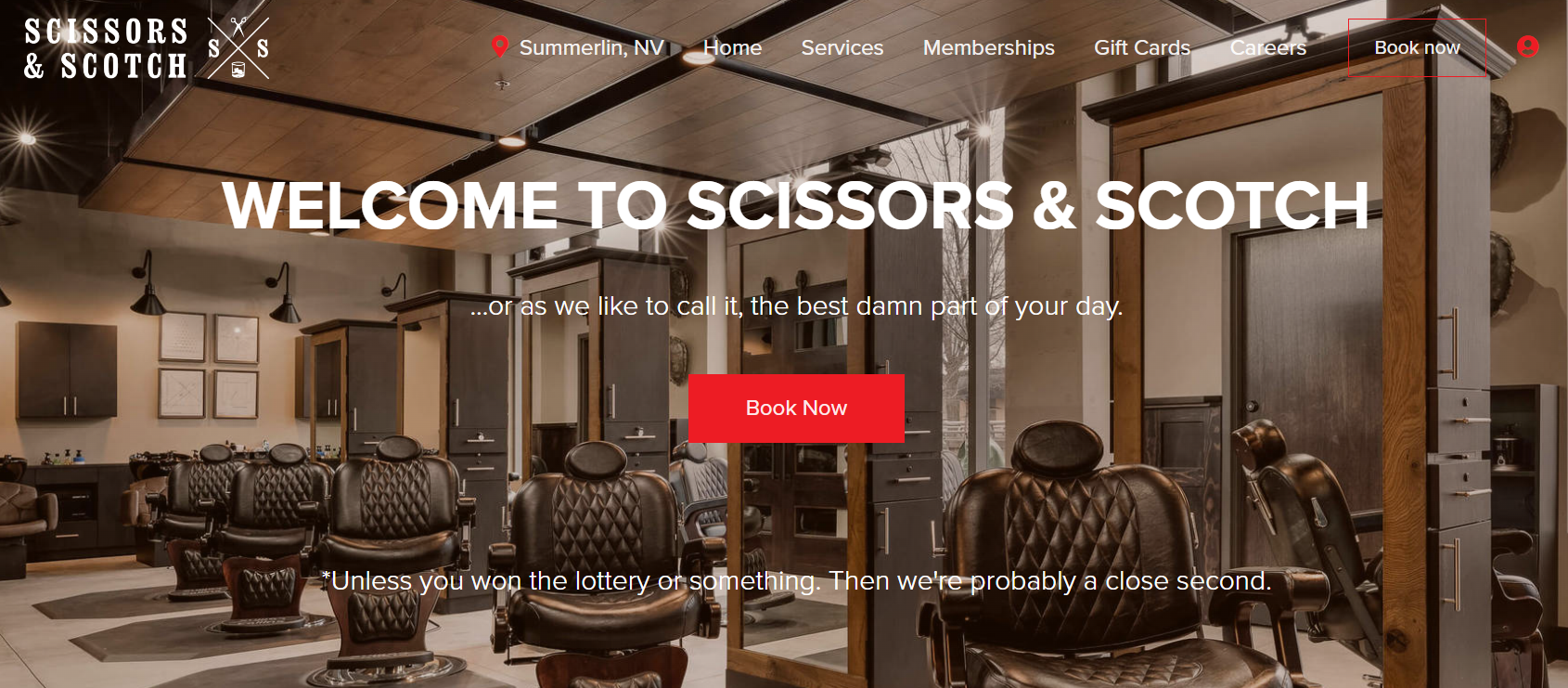
Case Study: Combining Grooming and Social Experience
Scissors & Scotch is a prime example of how blending seemingly unrelated concepts—grooming services and social environments—can create a standout customer experience. Launched with the goal of offering men more than just a haircut, Scissors & Scotch provides an innovative mix of grooming services and a cocktail lounge, turning a mundane task into a luxury, experience-driven service.
The key to their success is the membership model that prioritises customer engagement and loyalty. Members not only receive premium grooming services but also enjoy access to the lounge, complete with drinks, making it more of a social experience than a routine haircut. By providing a unique combination of high-quality grooming and relaxation in an upscale environment, Scissors & Scotch has positioned itself as more than a barbershop—it’s a lifestyle brand.
How You Can Do It:
- Consider offering bundled services that complement your core offerings, turning routine transactions into enjoyable experiences
- Explore membership or subscription models to foster long-term loyalty and engagement
- Create a space that feels inviting and encourages customers to stay longer, even after their primary transaction is complete. This can help build a sense of community and connection with your brand
Now is the time to evaluate and elevate your customer experience strategy
Get started on your journey to transform your business and unlock new opportunities for growth. Contact me for a free, no-obligation Customer Experience Consultation by phone or on Zoom, WhatsApp or WeChat.
Remember, CX isn’t just something you do—it’s everything when it comes to achieving lasting business success.
Share on your Page:
Follow us:


